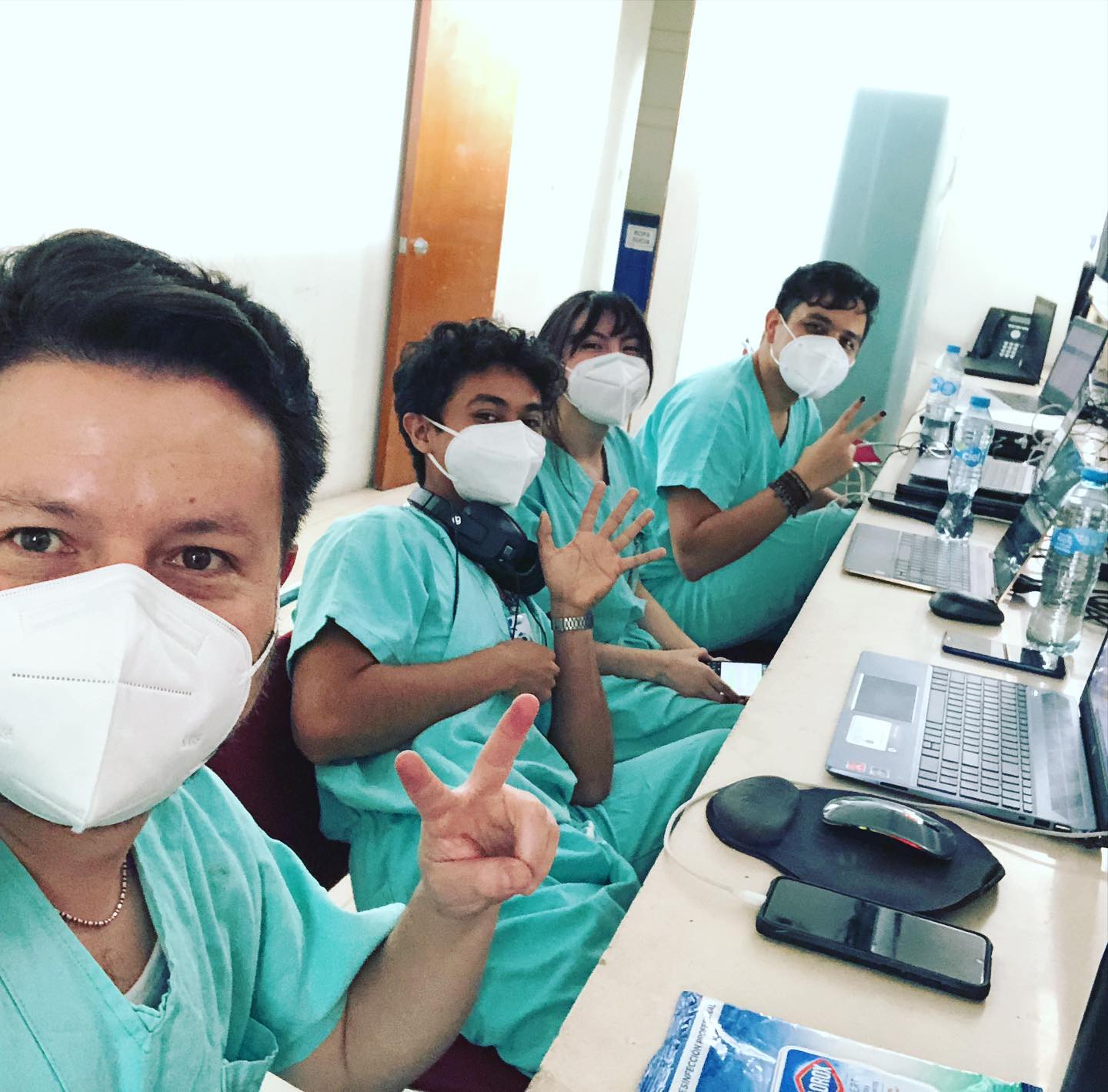Human rights in health professionals’ education: making students aware of what the deprivation of the right to health means
Abstract
This paper puts the finger on the barriers that “overstretched positivist biomedical curricula” pose to openings to a more humanistic approach to the education of health and nutrition professionals. Universities clearly favor “preparing career-ready graduates” so that curricula, in our case, staunchly avoid “critical pedagogies that promote a justice-enhancing health professional praxis”; “politicizing their curricula, their pedagogies, and the (social) engagement of their students” is far removed from their aims. Not that students mind; they remain buried in the “tell-me-what-I-need-to-know learning culture” --and this is yet another barrier to overcome since, given their mostly middle-class extraction, they are comfortable with “the status-quo that an individualistic professional practice offers them, (in practice) far removing them from critical (social and civic) thinking”. For all these reasons, “guiding those novice professionals to a career of political engagement is (better late than never) an absolute necessity for social change and social justice in health care”. This paper opens avenues in this realm --more specifically in the area of human rights learning.
References
William Bertrand, Educación superior y transferencia de tecnología: los efectos de la "tecnoesclerosis" en el desarrollo, Journal of International Affairs, otoño/invierno de 2010, Vol. 64, nº 1, p. 101-119.
Theresa Harris, Open Global Rights, 17 de septiembre de 2020. https://www.openglobalrights.org/human-rights-education-and-career-opportunities-for-scientists-could-foster-systemic-change/
Leah Levin, Derechos Humanos: Preguntas y respuestas, UNESCO, 2009, https://mail.google.com/mail/u/0/#inbox/FMfcgzGmtNlcnNQjrxFqrvsjhKlwSLbZ
Jennifer Ernie-Steighner, Discover Human Rights: Un enfoque de derechos humanos para la justicia social Manual de formación. Julio de 2013, The Advocates for Human Rights Minneapolis,
Schuftan, C, A proposed nutrition activism course and curriculum, The Ecology of Food and Nutrition, Vol.40, No.6, 2001.
Schuftan, C. Acciones y activismo en el fomento de una auténtica participación de base en la salud y la nutrición, World Nutrition, Vol.10, No.4, 2019, pp 147-151.
Nicola Philips, Poder y desigualdad en la economía política mundial, International Affairs, Volumen 93, Número 2, 1 de marzo de 2017, Páginas 429-444, https://doi.org/10.1093/ia/iix019)
Mostafa Nabatinejad, Manual de vigilancia de los derechos humanos: Capítulo 20: Vigilancia de los derechos económicos, sociales y culturales. ACNUR, 2012, https://www.academia.edu/26297653/MANUAL_ON_MONITORING?email_work_card=view-paper


